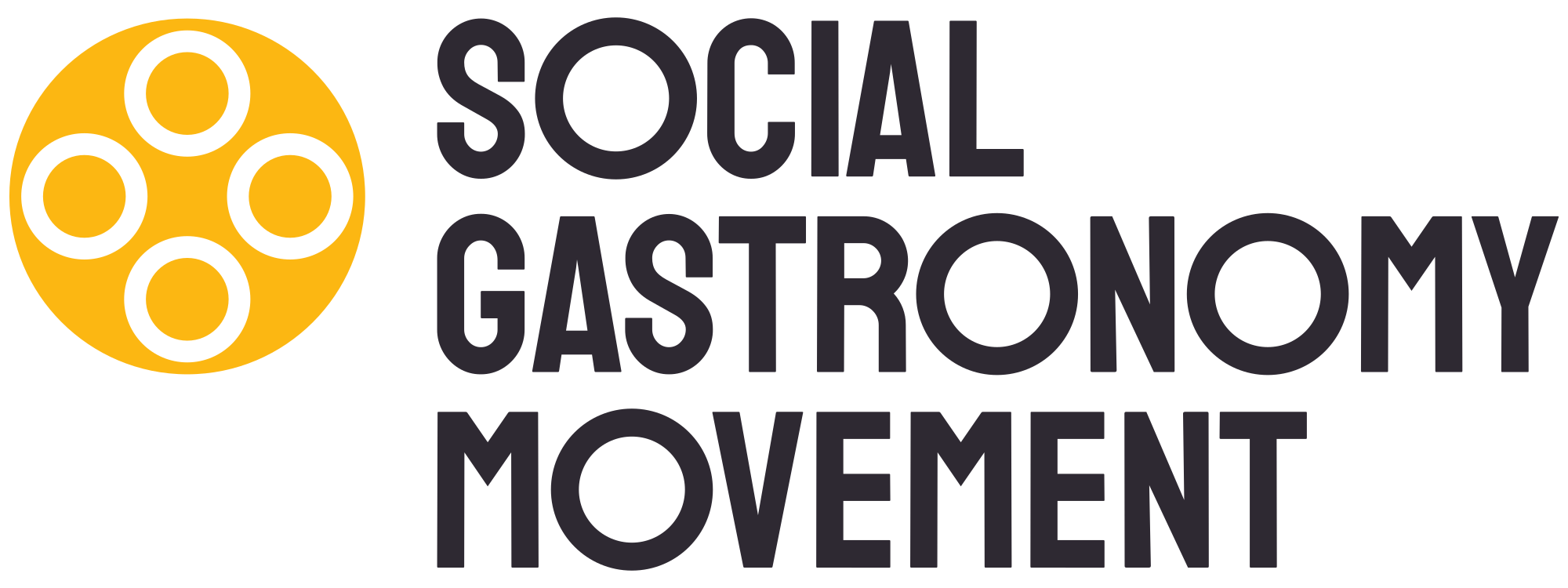Reflections on Doing With, Not For
Written on July 21, 2021
How do we move to doing with and not for those experiencing food insecurity and equity within our communities? This was the question in focus during the third SGM Collective Impact Program (CIP): Collaboration and Facilitation meeting held on July 21, 2021. We may never have a particular answer to this question- but it is a guiding curiosity, a shared challenge, that will continue throughout CIP. This program in itself is about sustaining the questioning.
While food security and equity in food systems is the umbrella focus for this program, the heart is how we get there- the Pathway. Within the first phase of Intention and Invitation, the six host teams engage diverse multi-stakeholder action teams within their communities and understand aspirations.
This first phase of the Pathway already requires a shift in the social context from host team representatives, one where they are convening, not leading. In this first step, all host teams expressed a shared challenge. It is natural for us to feel uneasy and unsure as we embody radical collaboration. The anxiety that things will not get done often leads us to want to go back to the old ways of working together. The ability to deal with this defines whether a host team is one that 1. directs (old way) or 2. invites people to co-create our shared future (new way of collaborating).
The role of the facilitator is to invite people in to hear what their aspirations and objectives are. Often this leads to a feeling of uncertainty, but it is core to the program. In reflecting on their team's journey inviting in players, Claudio Rubio from Medellin reminded us that " it is important to act as a bridge between groups, and not necessarily the strong voice that identifies the issues, but allows them to identify those issues." Nepal and Brazil shared reflections on this challenge as well and are working towards supporting protagonism within the communities in which they work.
As Patrick Honauer put it, so well "the ying and the yang of systems change is space and process." When the objective is to plan, we talk and talk and often don't hear others. To create space for everyone to engage and participate, we spend most of the time listening. Even though it can be scary at first, it works; the invitation should be positioned as "what do you see as your possibilities and opportunities, not needs and challenges?
Patrick shared an experience he had in Argentina. There was a massive line of people receiving food at a soup kitchen held by three local chefs. He thought to himself, "What a strange situation. Wouldn't it be nice if everyone could have a conversation around this?" so he invited all of the people who would line up every day to a roundtable conversation, turning them into agents of their own future. After this open discussion, these individuals invited the chefs serving meals to teach them how to cook. After a while, all of them had realized, "we have so much land; why don't we grow food." When he returned years after, the fields were full of growing produce; it was a reinvigorated community.
Patrick's advice for the group? "Invite, and if no one shows up, invite again."

